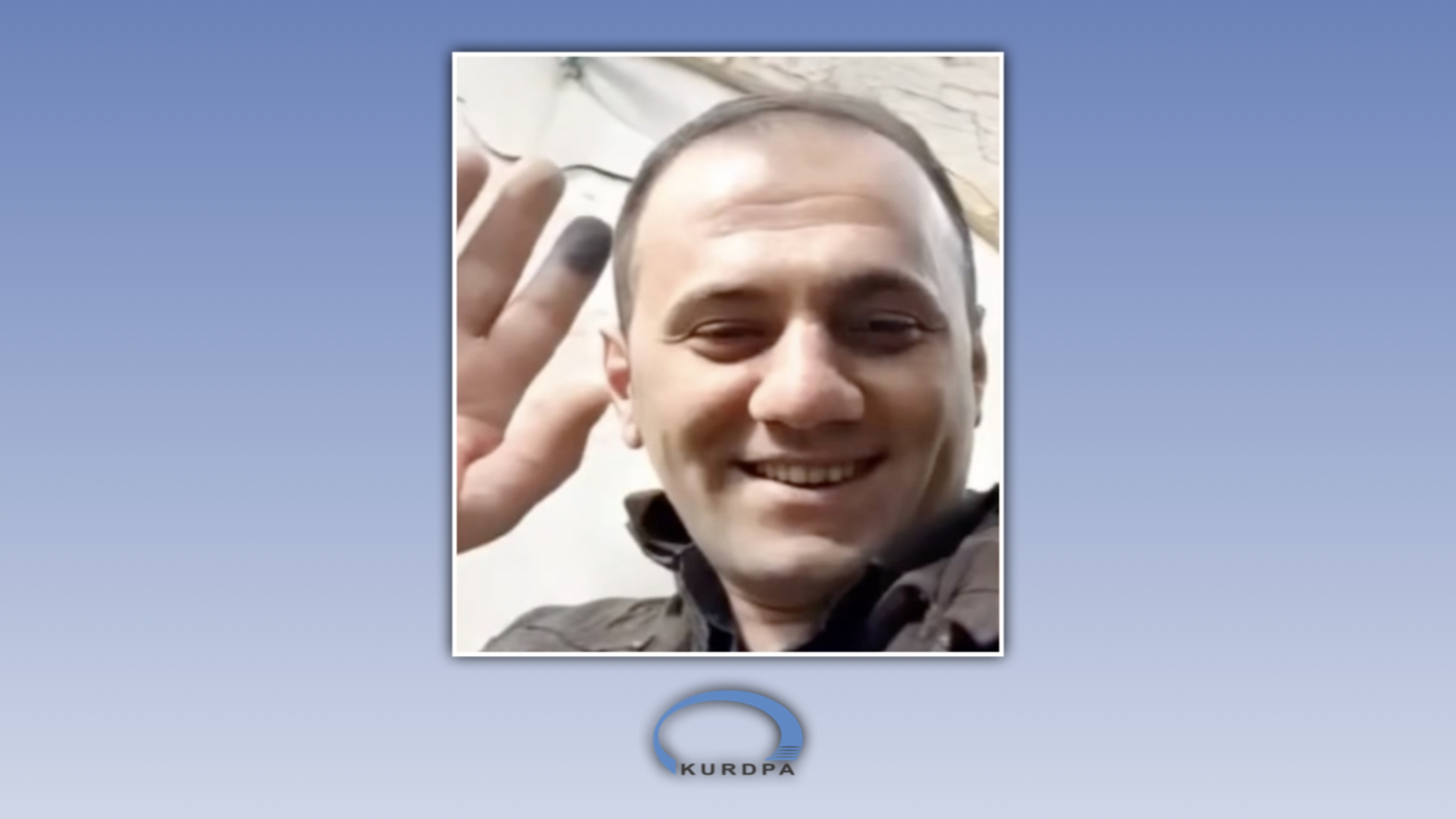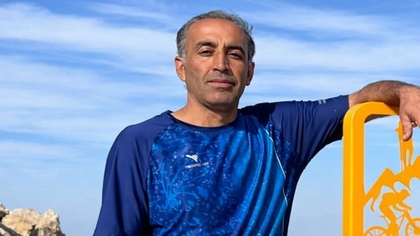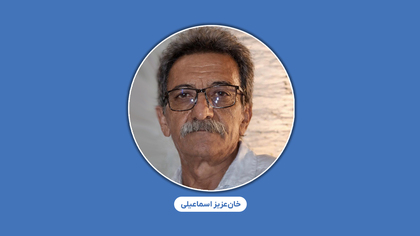Houshmand Alipour, a Kurdish political prisoner, was released from Sanandaj prison after the end of his sentence

On January 28, 2024, Houshmand Alipour, a Kurdish political prisoner sentenced to 38 months of imprisonment, who had previously had his death sentence overturned, was released from Sanandaj prison after the end of his sentence.
Mr. Alipour had not been granted any leave during more than five years of his sentence.
This political prisoner from the city of Sardasht in November 2020 in protest of the refusal to grant leave and the interference of the Sanandaj Intelligence Office in his case, went on hunger strike. The fourth branch of the criminal enforcement court of Sanandaj had opposed his leave request on the pretext of conflict with Article 513 of the Criminal Procedure Code.
In October 2019, this prisoner was sentenced to 38 months in prison after his death sentence was overturned by the Supreme Court of the country and retried.
On September 16, 2019, the death sentence of Houshmand Alipour was overturned by the Supreme Court of the country.
In December 2018, the Revolutionary Court of Sanandaj sentenced this political prisoner to death and Mohammad Ostad Qader, from Saqqez and his co-defendant to five years of imprisonment.
In December 2018, these verdicts were notified to the families and the lawyers of these two political prisoners.
These two political prisoners were tried on charges of "rebellion" on November 30, 2018, with the presence of Ali Sakani, their lawyer, in the first branch of the Revolutionary Court of Sanandaj.
These two Kurdish citizens were arrested on August 3, 2017, on charges of "membership in one of the Kurdish opposition parties of the Iranian government" by the security forces and after 108 days of detention on November 19, 2017, they were transferred from the detention center of the Sanandaj Intelligence Office to the quarantine of the central prison of Saqqez. These two political prisoners were then transferred to the central prison of Sanandaj.
After the arrest of these two political prisoners, the Iranian government's radio and television broadcast their forced confessions and the families of these two political prisoners announced that these confessions were made under pressure and torture.



